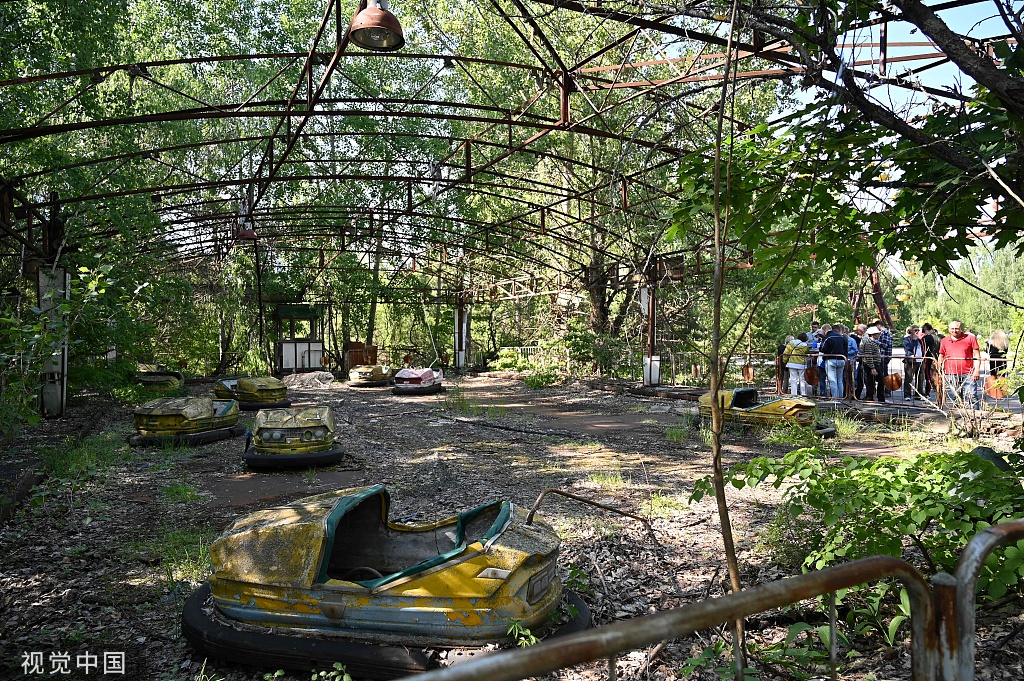Travelers urged to be on constant alert for radiation levels
By XU LIN | China Daily | Updated: 2019-08-23 07:58

Everyone experiences small amounts of radiation from natural sources such as soil, cosmic rays and the odorless gas radon. Small amounts of naturally occurring radioactive materials are also present in foodstuffs and water.
According to the United Nations Scientific Committee on the Effects of Atomic Radiation, the global average annual effective dose from natural sources per person is about 2.4 millisieverts, depending on the environment and altitude where people live.
More than 80 percent of radiation exposure among humans is from natural sources and only 20 percent from artificial sources-mainly from applications used in medicine.
Gu Weiguo, a lecturer at the School of Nuclear Science and Engineering at Shanghai Jiao Tong University, said, "For the general public, there is no need to worry, as the amount of radiation they are exposed to in everyday life is rather small."
However, for those traveling to the scene of the 1986 Chernobyl nuclear disaster, the situation is different.
Gu said, "These visitors have to be constantly on the alert for their personal safety and watch the total amount of radiation they are exposed to."
Gu said time elapsed, distance traveled and shielding actions, such as wearing protective suits and setting up lead and concrete barriers, help minimize exposure to radiation.
The cells and DNA in humans have mechanisms to repair radiation damage, but when the number of cells that have been damaged or killed reaches a certain level, it may result in organ dysfunction and even death.
It is also possible for DNA to be improperly repaired, causing cell mutation that may ultimately lead to cancer and genetic disorders.
"It should be remembered that there are uncertain factors, such as the rare and random occurrence of cell mutation," Gu said.
Li Xinjian, a professor at Beijing International Studies University, said safety should always come first.
"Those who travel to Chernobyl should be aware of the potential risk and take proper protective measures," Li said.
"The significance in developing tourism at Chernobyl is that it serves as a warning about nuclear safety ... With today's advanced technology, there are alternative ways to visit the site, such as virtual reality."























